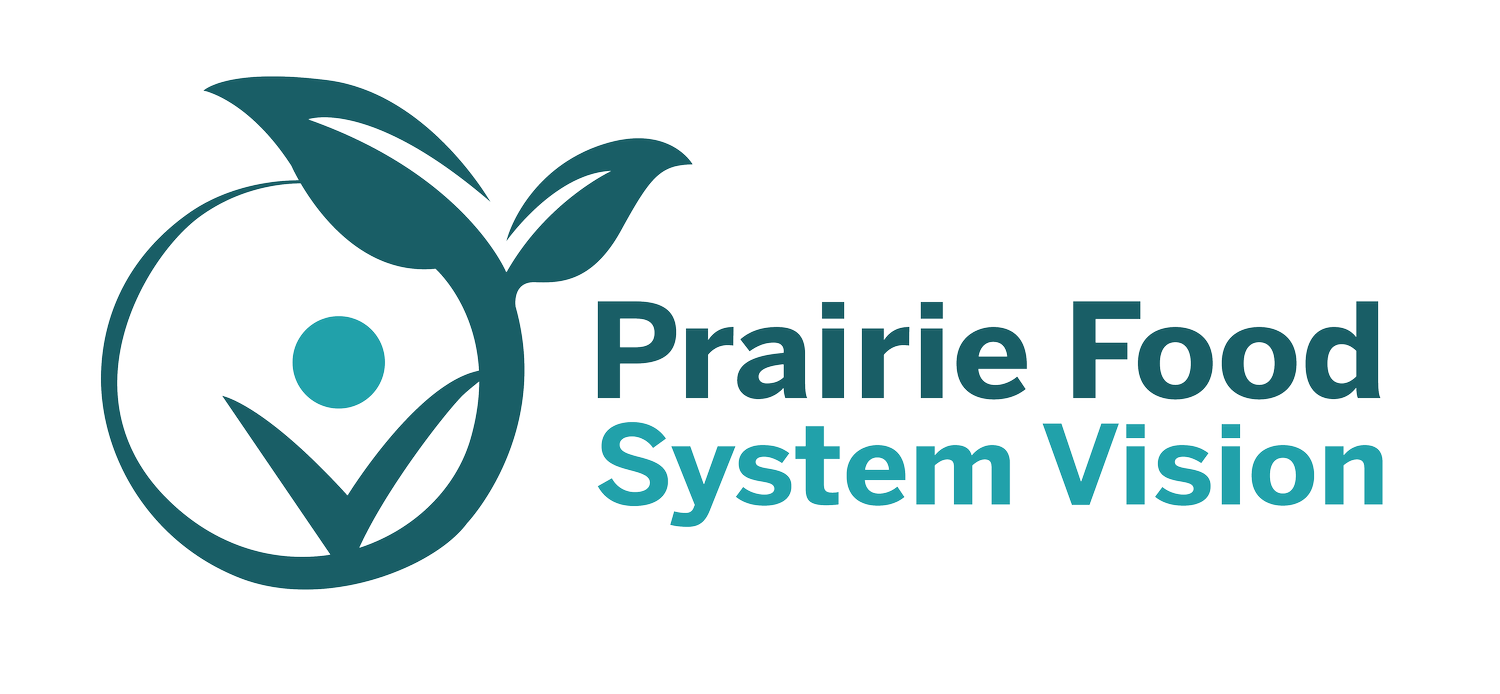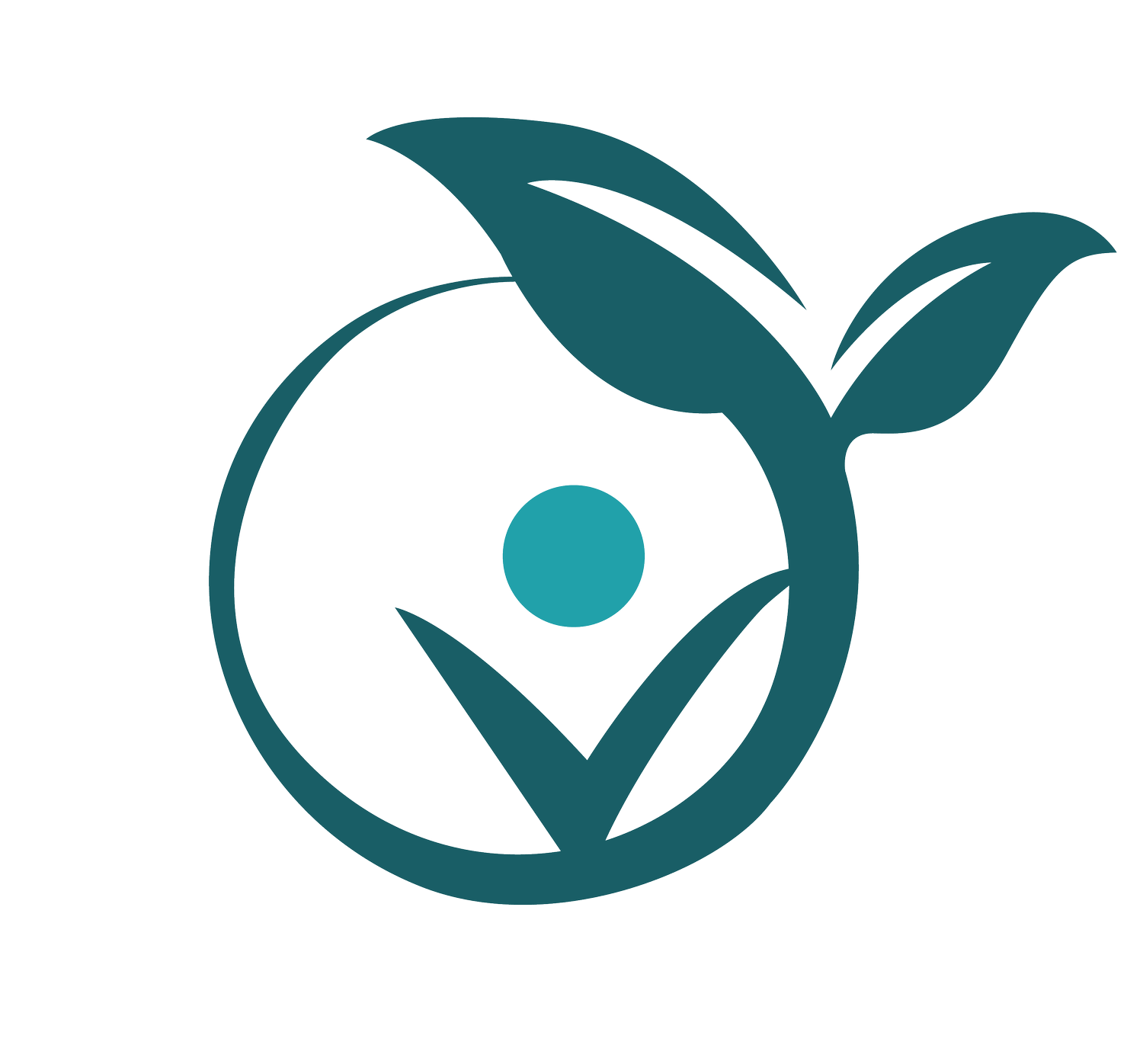MAPPING
A growing number of initiatives, organizations and networks are responding to the wide ranging ecological, socio-economic and health issues associated with the dominant agri-food system. In this mapping project, we aim to contribute to building awareness and knowledge about these inspiring responses occurring in Canada’s Prairie region, including Indigenous-led, settler-led, and Indigenous-settler collaborative initiatives, which to date have been under-researched in this region.
To initiate this project, we began a scoping review and scan of initiatives taking place in the treaty territories located within the provinces of Alberta, Saskatchewan and Manitoba. Information was gathered through online searches (internet, social media) using keywords (e.g., food security; ecological farming practices; Indigenous food sovereignty; land-based; Indigenous-settler), as well as through scholarly and grey literature searches using similar keywords, and through referrals from individuals within the PFSVN and our wider networks.
At the preliminary stage of the research, we identified a number of initiatives that are creating and strengthening pathways to food system transformation. A variety of approaches are being used, including but not limited to: ecological food production; education and networking; reconnecting people with land and food; restoring traditional and cultural food practices; increasing access to land for farming, hunting, gathering and ceremony; and collaborative resource management. Key details about each initiative was gathered (e.g., name, location, type of initiative, brief description, local contact info, website, and personal team contact information) and entered into an Excel spreadsheet.
We then transfered this information to an online interactive, open source mapping platform (Google MyMaps), following the mapping method utilized by Sumner et al. (2019) and Babcock and Budowle (2022). Each initiative is geographically located by a blue star pin, which you can then click on to reveal key details. Initiatives funded by the PFSVN 2023 Microgrants Projects are identified by a red/orange pin. Please note that the map consists of preliminary findings and is not a comprehensive representation of what is happening on the ground.
PFSVN Microgrants Projects
Food Systems Transformation Projects
Researchers for this project:
Mary Beckie (she/her), is a first generation setter located in Amiskwacîwâskahikan, Treaty 6 Territory, and a Professor in the School of Public Health, University of Alberta.
Tanya Pacholok (she/her), is a third generation Ukrainian settler living on Treaty 7 territory in the town colonially known as Banff, AB, with a M.A. in Community Engagement, University of Alberta.
References
Babcock, A., & Budowle, R. (2022). An appreciative inquiry and inventory of Indigenous food sovereignty initiatives within the western US. Journal of Agriculture, Food Systems, and Community Development, 11(2),135-160.
Sumner, J., Tarhan, M., & McMurtry, J. (2018). Eating in place: Mapping alternative food procurement in Canadian Indigenous communities. Journal of Agriculture, Food Systems and Community Development, 9 (2), 239-250.




